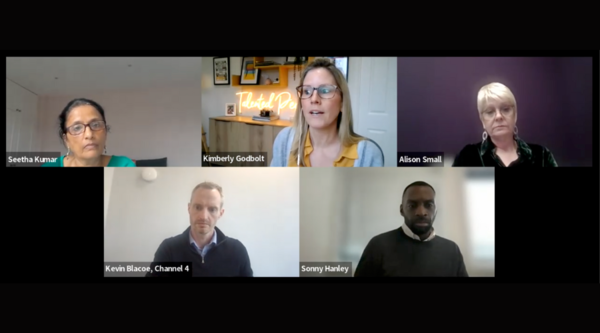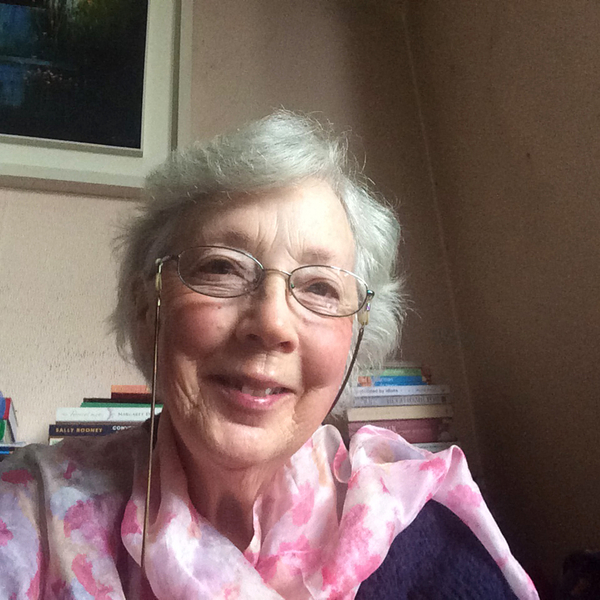How To Win TV Audiences And Influence Them | RTS London Convention 2024
Executives from Sky, Warner Bros. Discovery, The Walt Disney Company and Paramount debate their approaches to production, streaming, and winning audiences and subscribers.
Speakers: Cécile Frot-Coutaz – CEO, Sky Studios and Chief Content Officer, Sky
Andrew Georgiou – President & MD, Warner Bros. Discovery UK & Ireland and Warner Bros. Discovery Sports Europe
Nami Patel – Senior Vice President, Strategy and Business Development, The Walt Disney Company EMEA
Sarah Rose – President, Channel 5 and UK Regional Lead, Paramount





